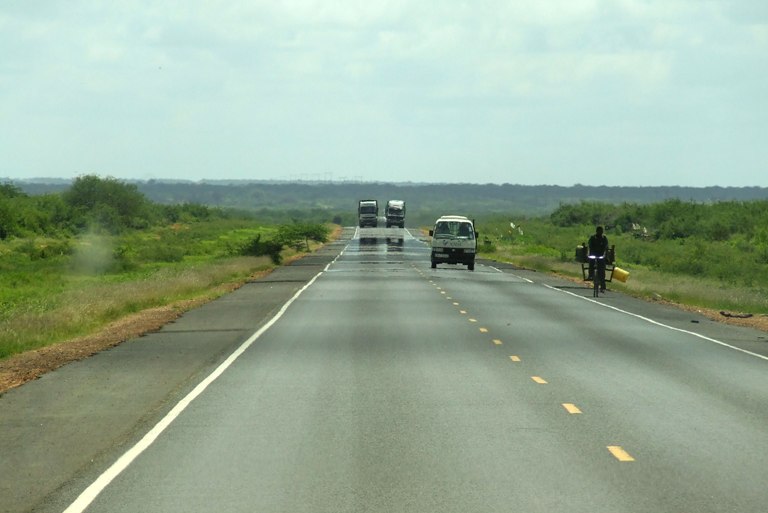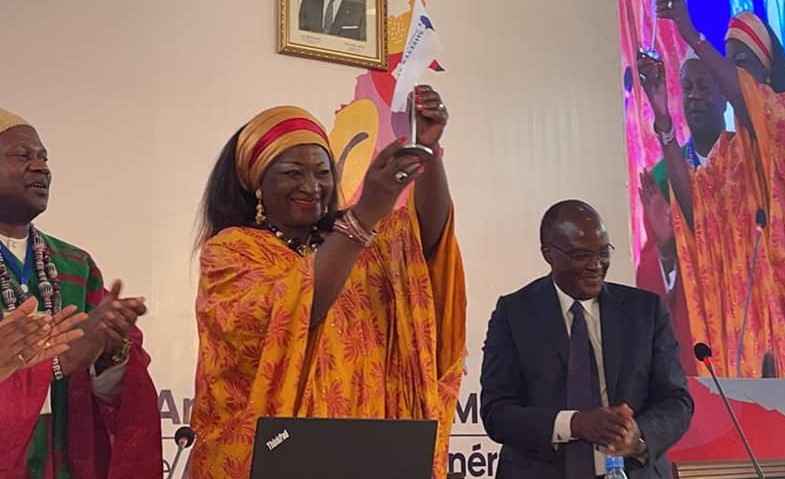While Kenya is ramping up construction of much-needed infrastructure to underpin economic growth, the cost of the mega projects, mostly financed by Chinese loans, has stirred concern that the debt is unsustainable for the $71 billion economy. The nation’s debt could rise to 58% of gross domestic product by the end of June, from 40.6% in the 2011-12 fiscal year, according to World Bank estimates.
Construction of the Ksh 230 billion ($2.18
The Kenya National Highways Authority wasn’t aware of any delay, public relations officer Charles Njogu said by phone. “The agreement has, however, to be scrutinised by lawmakers because of its size,” he said. Transport and Infrastructure Secretary James Macharia didn’t pick calls to his mobile phone nor respond to a text message seeking comment.
The financing arrangements for the toll road are now expected to be in place by end-June, the initial sod-turning target, and construction work will now begin in the second half of the year, said Andrew Patterson, Bechtel’s regional president for Africa.
“This is looking to be slipping,” he said in emailed responses to questions on Monday. “The debt level is a big concern and we are working to find the right balance with Treasury in regards to the financing.”
Kenya’s biggest infrastructure project since independence from Britain in 1963 is an $8.7 billion standard-gauge railway from Mombasa to the Ugandan border that’s being built under China’s flagship Belt and Road programme. The first phase of the line that replaces a parallel century-old link built during the colonial era is already operational.
Bechtel said in December it was supporting the Kenyan government in negotiations with the US Export-Import Bank, the Overseas Private Investment Corp. and UK Export Finance to finance the dual carriageway. The lead arranger will be appointed by June, allowing construction to begin, Patterson said.
READ: How Raila’s boycott call cost Safaricom
Bechtel plans to deliver 50 kilometres of road every six months, completing the project in early 2024. The highway is expected to cut travel time between the two cities to four hours from 10. The construction will be done under an engineering, procurement and construction contract, while toll fees will be levied through a public-private-partnership agreement.










![A traffic pile-up on the Nairobi-Nakuru highway in June 2021. [Photo/ Standard]](https://businesstoday.co.ke/wp-content/uploads/2022/06/Massive-traffic-on-Nairobi-Nakuru-Highway-on-June-26-2021..jpg)


Leave a comment